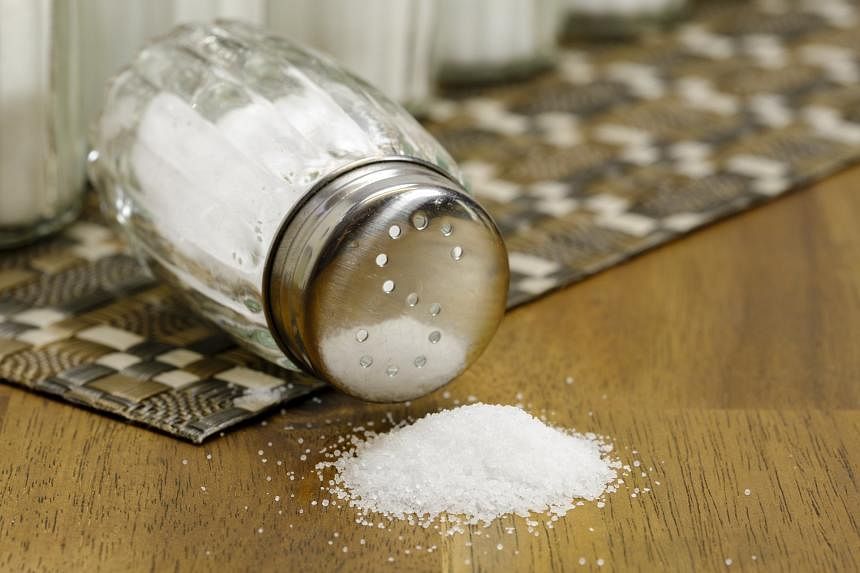Blood
Just one week on a low-salt diet can significantly improve blood pressure
SINGAPORE – The impact of switching to a low-salt diet can be seen in just one week, and the benefits to health are significant.
About 75 per cent of people showed a median drop of 8mmHg (millimetres of mercury) in systolic blood pressure after they switched from a high- to a low-sodium diet for a week, according to a US study published in the Journal of the American Medical Association on Nov 11.
Associate Professor Chin Chee Tang, a senior cardiologist at the National Heart Centre Singapore, said while a drop of 8mmHg might not appear impressive, it is clinically significant and would reduce a person’s risk of getting stroke, heart attack or kidney failure.
Professor Tan Huay Cheem, a senior cardiologist at the National University Heart Centre, Singapore, said: “Do not underestimate this reduction in systolic blood pressure, as a 5mmHg reduction can reduce the risk of major cardiovascular events by about 10 per cent. Translated to a general population, the health impact is tremendous.”
Good blood pressure is defined as a systolic reading of 120mmHg over a diastolic reading of 80mmHg, or 120/80. Singapore defines a normal blood pressure as below 130/85. The systolic reading measures the pressure in the arteries when the heart beats, and the diastolic reading measures the pressure when the heart rests between beats.
Hypertension, over time, can cause the heart to weaken and result in heart failure. It also increases the risk of stroke and kidney failure.
The study involved 213 people aged 50 to 75 with normal blood pressure (25 per cent), controlled hypertension (20 per cent), uncontrolled hypertension (31 per cent), and untreated hypertension (25 per cent).
They were put on a high sodium diet with 2,200mg of sodium added per day for a week, followed by a week with only 500mg of sodium a day. The World Health Organisation recommends less than 2,000mg of sodium a day – that is roughly 5g of salt, or slightly less than a teaspoon.
Prof Tan said: “This study is important in that it showed conclusively the beneficial impact of salt reduction on blood pressure. This benefit extends not only to hypertensive patients but also normal individuals.”
He added that the trial showed that a low-salt diet is “particularly effective in diabetics with hypertension” as their systolic blood pressure fell by up to 17mmHg, or more than double that of the entire cohort.
Singapore has more than 700,000 diabetics today. The number is projected to surpass one million by 2050.
Prof Tan said nearly three in four diabetics suffer from high blood pressure.
“On top of that, you don’t have to wait long before the beneficial effects are demonstrated, as the lower blood pressure is observed within a week of salt reduction,” he said.
Prof Chin was equally supportive of the study, which he said was well designed and executed.
Although there were just over 200 participants, all were exposed to both high- and low- sodium diets, which eliminated individual variations. The use of ambulatory blood pressure monitoring – which takes measurements throughout the day, even when a person is asleep – provided more reliable readings.
The study also used urinary testing to check on compliance of salt intake. This showed that the participants were actually taking about 1,300mg of sodium a day when they were on the low-sodium diet – they were supposed to take no more than 500mg of sodium a day.

